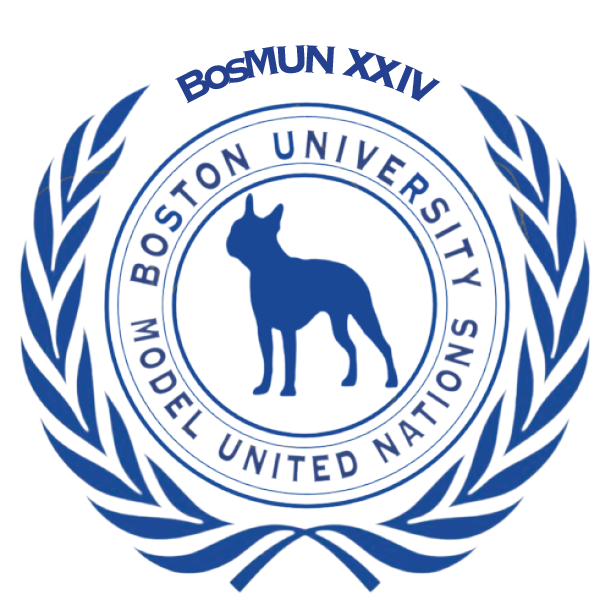The Economic Commission for Latin America and the Caribbean (ECLAC) is one of five regional commissions of the United Nations. The commission is composed of 46 member states from Latina America and the Caribbean. It was established in 1984 as the UN Economic Commission for Latin America and a resolution was passed to include the countries of the Caribbean in the name. The committee’s goals are to work with governments of the region to improve standards of living and strengthen trade relations between member states and the rest of the world. It is working towards its 2030 agenda, which focuses on sustainable development, equality, and global partnership. Delegates must collaborate to discuss how to achieve these sustainable development goals amidst persisting inequality and other conflicts.
Topics and Questions to Consider
Topic 1: Sustainable Tourism
Questions to Consider
What unique sustainable tourism strategies are needed for island nations compared to mainland countries?
How can ECLAC promote community-led tourism projects in local populations?
What regulatory measures are necessary to ensure tourism minimizes environmental impact?
What steps can make eco-tourism accessible to a broader range of travelers?
How can countries manage tourism growth while protecting fragile ecosystems, what guidelines or benchmarks can be proposed to achieve this balance?
How can ECLAC encourage partnerships between government and private sector stakeholders to promote sustainable tourism?
How can ECLAC raise awareness among tourists about responsible travel behaviors and what role can local governments play in educating both residents and visitors?
What incentives can be offered to tourism businesses that adopt sustainable practices?
How can ECLAC help countries strengthen tourism infrastructure to withstand climate events like hurricanes and floods and what funding mechanisms could support countries in building climate-resilient tourism facilities?
Topic 2: Agriculture & Urban Water Scarcity
Questions to Consider
How can countries encourage farmers to adopt water-efficient practices without significantly increasing their costs?
What are some challenges that small-scale farmers face in adopting sustainable water practices, and how can these be addressed?
What role should governments play in supporting sustainable agricultural practices that also conserve water?
What incentives can governments offer to farmers who adopt water-saving technologies like drip irrigation?
What are the benefits and potential drawbacks of public-private partnerships in financing sustainable water projects?
How can education programs and training help farmers understand and implement sustainable water practices?
What are some effective ways to measure the success of water saving practices in agriculture and urban water management?

